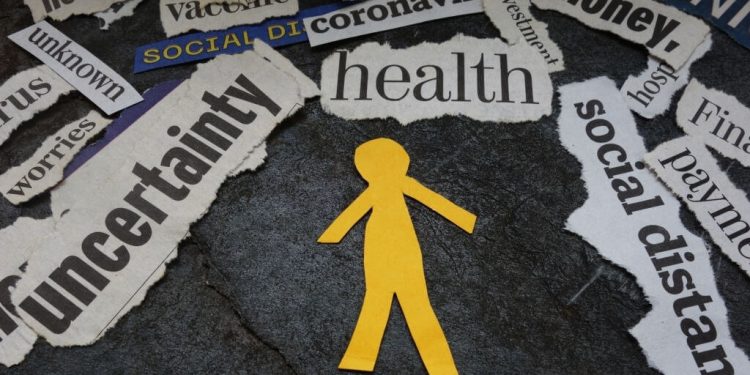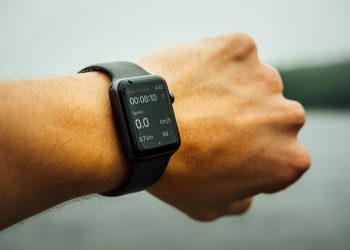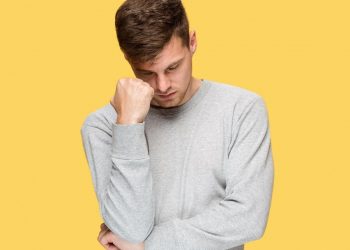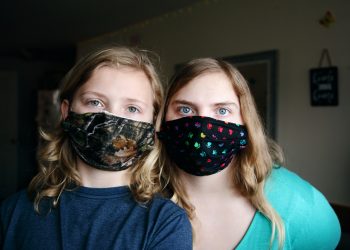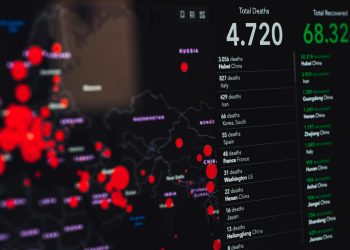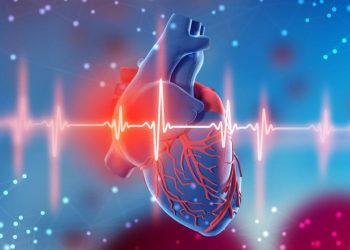COVID-19 has changed the way people used to live before, from their activities in daily routine, work, family, and personal life. Your physical health and even life are at risk, and it has made worse with the reports of mental health problems. One might have experienced personally or a family member/ friend who was infected, recovered, lost a job, home, family, or passed away. Moreover, there are not enough resources or opportunities available for recreational activities due to lockdown practice that has shut down parks, malls, in short, all public spaces.
Also read: Coronavirus: History, myths, symptoms, and prevention
Who is at Risk?

Mental health problems have reportedly increased over the challenging times of COVID-19. It might not sound good, but a sad reality is that everyone is at risk of having mental health issues. From the first line defenders, doctors, to someone infected, have lost a loved one, or job, or even the people who haven’t contacted the virus.
The year has changed the way we used to live our lives. There is no more going to school, colleges, and universities. Everything is closed from the workspaces, factories, cinema, parks, malls, and the parties and social gatherings of family and friends. It has led everyone to stay at home and stay safe, with no social meetings. Humans being the social animal, are therefore suffering, if not of the physical issue of COVID-19, then mental problems.
The mental health issues that are being experienced in these days and will increase aftermath COVID-19 are:
Fear
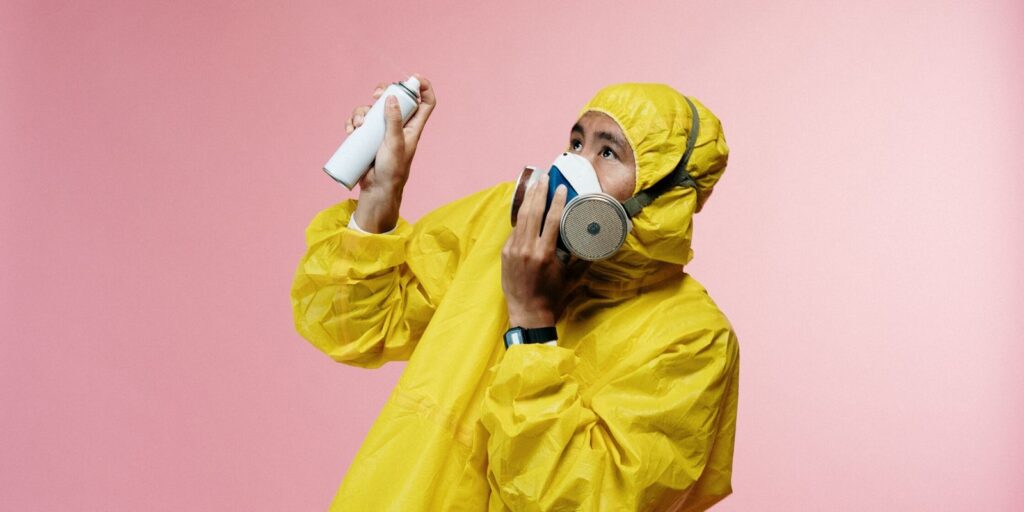
Medical professionals and the general community are living a life of fear. They are afraid that they might contract the virus, and with no symptoms showing they could transmit it to their colleagues, family, and friends. They are fearful of their and the lives of loved ones and are uncertain regarding their future.
The COVID-19 pandemic has left millions of people unemployed around the world, and they have lost their opportunity for another job. It is not just people; even countries are facing the worst economic and food resource scarcity.
Loss of Social Connection
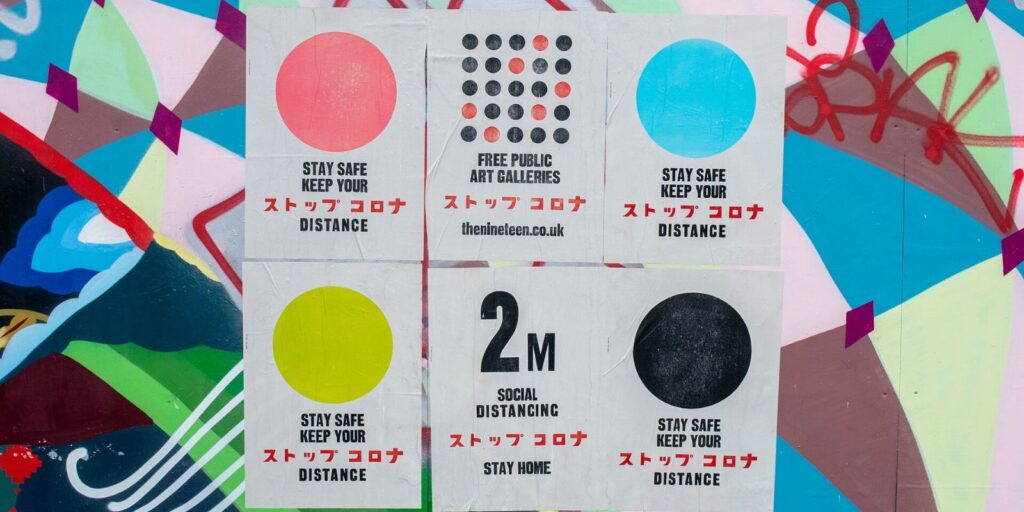
The community is stuck in their homes and have no social contact with the community. Even if they go out of their homes for grocery, medicine, or life essentials, they maintain social distance. They can’t shake hands, hug, or talk to people around them. Humans like the feeling of social connection, and they bond with the community through it, but now they feel isolated.
Experiencing isolation and loneliness has added fuel to the mental health issues in COVID-19. Most mental health problems arise when an individual accumulates the problematic things inside and does not talk to a trustworthy person to make them feel better.
Lan Nguyen is a hotline manager at suicide and crisis services program in Northern California (Santa Clara County), and he reported that callers had experienced a deep sense of isolation,
“People complain that they are stuck in the house all day. They don’t know what to do.”
Emotional distress

The global pandemic has created a crisis, and the hotlines are receiving several calls of people who are experiencing emotional distress. They struggle with health fears, loss of a job, relationship problems, and isolation, which has added to the nervous breakdown.
Sacramento crisis line has received more than 40% calls from February to March, as reported by the CEO of WellSpace Health. Most calls received in crisis and help center hotlines are in 8-hour work shifts, and 80% callers mention COVID-19. They talk about the direct or indirect impact on their well-being since the outbreak of the pandemic.
People are working from home experience significant changes in their productivity, performance, and experiencing anger and irritability. Returning to work after the pandemic is gone will observe absenteeism, mood swings, difficulty concentrating and decision-making, and routine changes in students and jobholders.
Anxiety Disorders
Excessive fear, uncertainty, and avoidance of talking about one’s emotions and feelings manifest the complaints of anxiety disorders. Panic attacks, substance use, generalized anxiety, phobias, and obsessive-compulsive disorder have increased.
Obsessive-Compulsive Disorder
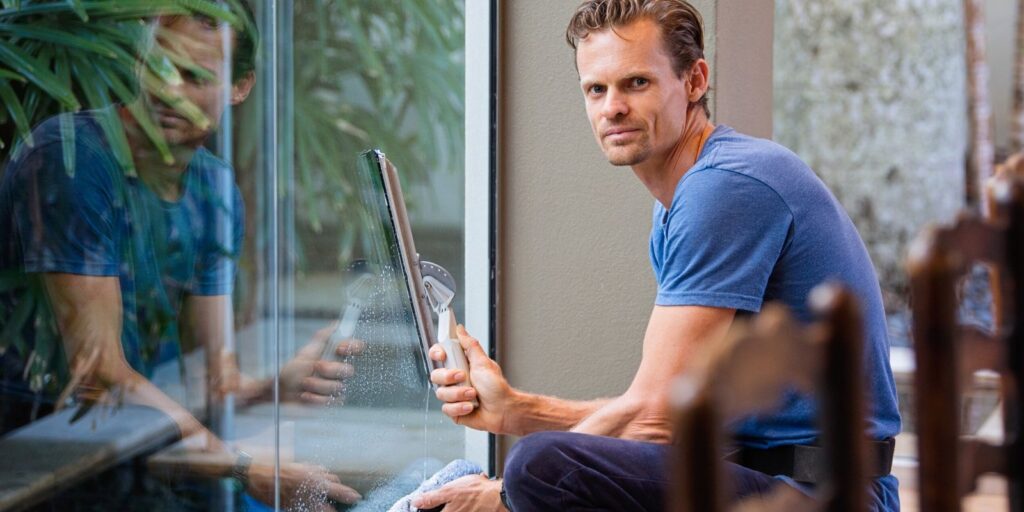
People are obsessed with cleaning and disinfecting their surroundings, clothes, and washing their hands. Aftermath COVID-19, they might develop a habit of disinfecting and sanitizing every single surface they touch. It might lead to obsessive and compulsive thoughts and acts that their workplace, institution, or home isn’t clean enough, and they might get germs if they don’t sanitize it.
The anxiety-related issues like sleep disturbance, difficulty in maintaining focus, worry, restlessness, trembling, sweating, tension-type headaches, increased heart rate, and a sense of danger and risk of contracting infections are growing.
Substance Use

The intense emotional stressors for one’s life, family, provision of food, and unemployment contributed to the use of alcohol and drugs. Inability to manage emotional and psychological challenges, the people struggle with substance and alcohol use. The sales of alcohol have increased, and even some restaurants are adding alcohol to the food orders for delivery and take out.
Depression

The individuals struggling with depression and other mental health problems are experiencing an escalation in their complaints. Similarly, loneliness and inability to manage and control emotions lead to the increased prevalence of depression symptoms.
People are losing interest in their lives, activities, experiencing a low and frustrated mood, fatigue, insomnia, and significant changes in their weight and eating habits. They do not seek pleasure in activities, and they are living with the fear of their health and life.
Those who have successfully combated the infection, but lost a loved one to it feel guilt, lack of hope, and worthlessness. They are unable to foster a positive environment, and the pessimistic thoughts have drivers towards recurring thinking patterns of suicide or death.
Post-traumatic Stress Disorder
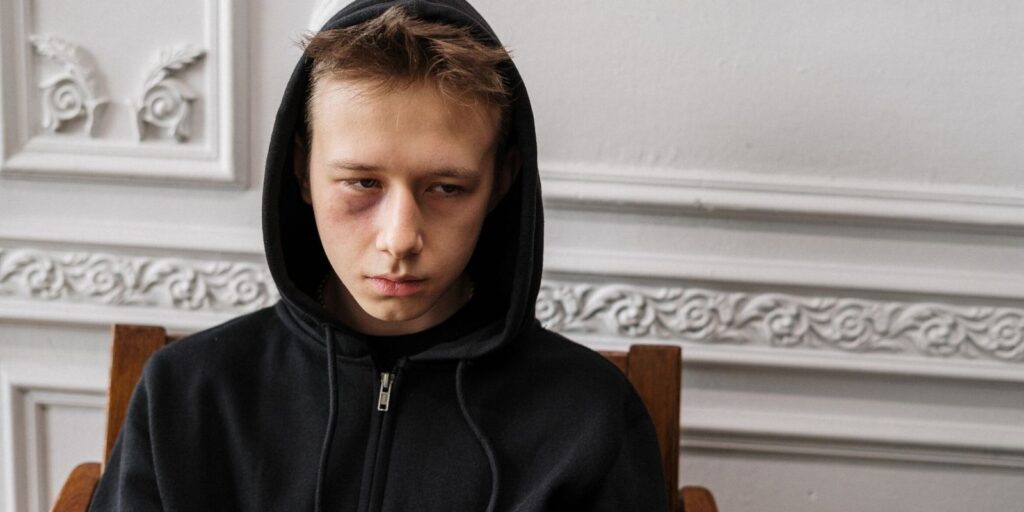
Millions of people, including healthcare professionals who have contracted COVID-19, are likely to experience distress and PTSD symptoms. Psychiatrist David Spiegel from Stanford Center on Stress and Health said,
“Survivors of COVID-19 could develop PTSD symptoms later on. Flashbacks and nightmares might constantly remind them of their illness.”
People tend to confuse and imagine the outcome of their symptoms, and it makes them feel threatened and feel sicker than they are.
“Your body’s reaction to your elevated level of stress can make it worse, so you pay more attention to symptoms.”
Relationship Strains

The family dynamics around the globe are not the same and believe it, or not every family doesn’t have a healthy environment at home. Not all children, wives, or husbands like being around their family for a whole day. Before the outbreak of COVID-19, they had a scheduled and busy life with specific hours or time of the day when they are around family.
On one side, where families are making the most of their spouse and children being around, others are suffering.
Domestic Violence
With men being at home with almost nothing to do has led them to be frustrated and irritable. They take out the anger on their children and spouse, shouting or hitting them to feel relieved. Women are being oppressed by the male-dominant patriarchal culture that prevails in most societies around the world.
Child Abuse
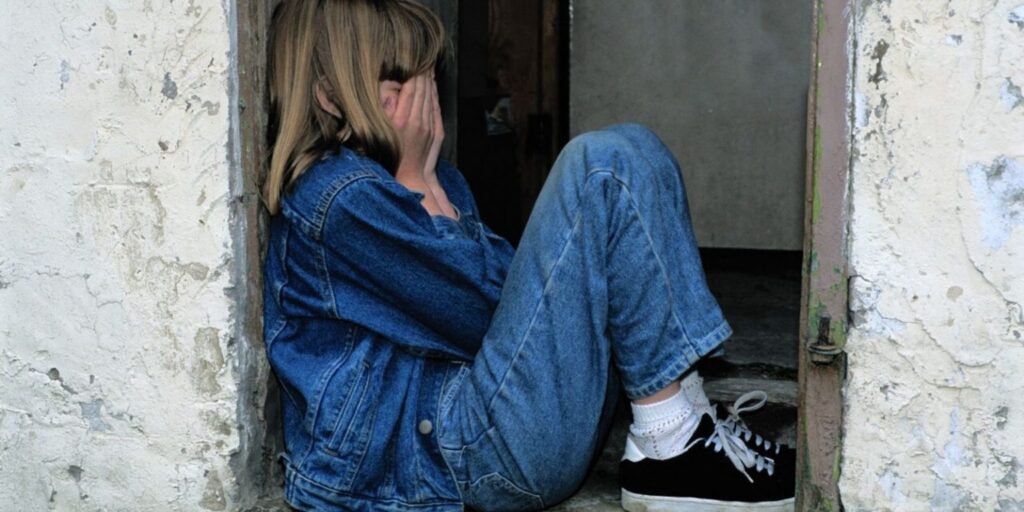
In a dispute among parents, children are the ones who suffer the most because it is challenging for them. Who likes it when the people they love, fight, and make a mess around the home, blaming each other?
Parents also take out their stress and frustration on their children and even pets. Children are scolded and taunted by their parents, and it creates a sense of mistrust and disbelief in children. Later on, these problems get accumulated and arise as personality, conduct, and other psychological disorders.
Suicide Risk
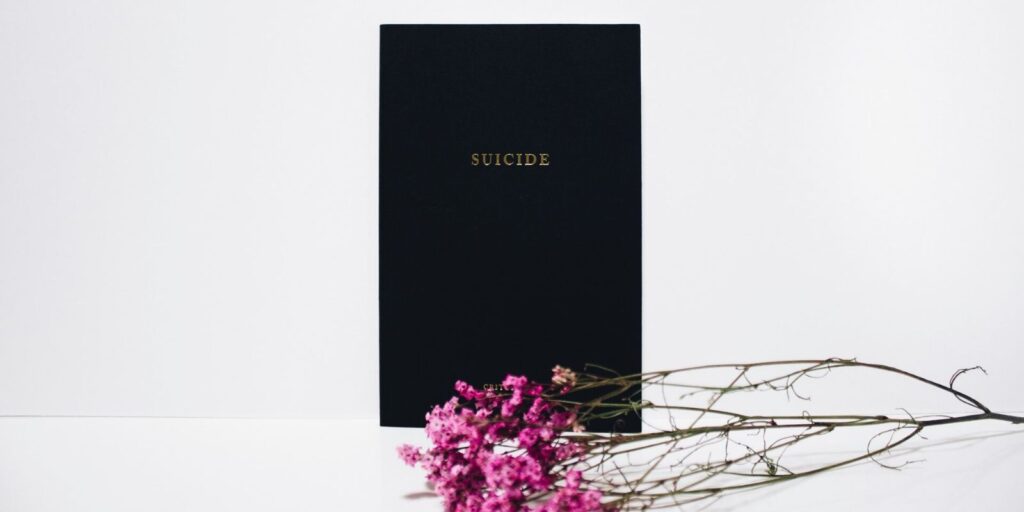
An increase in reports of psychological and mental health problems has also led to the rise in suicide, especially the people who were going through challenging psychological distress. President of the Royal College of Psychiatrists, Wendy Burn said,
“We are already seeing the devastating impact of COVID-19 on mental health with more people in crisis, but we are just as worried about the people who need help now but aren’t getting it. We fear that the lockdown is storing up problems.”
Prevention and Management of Mental Health Problems
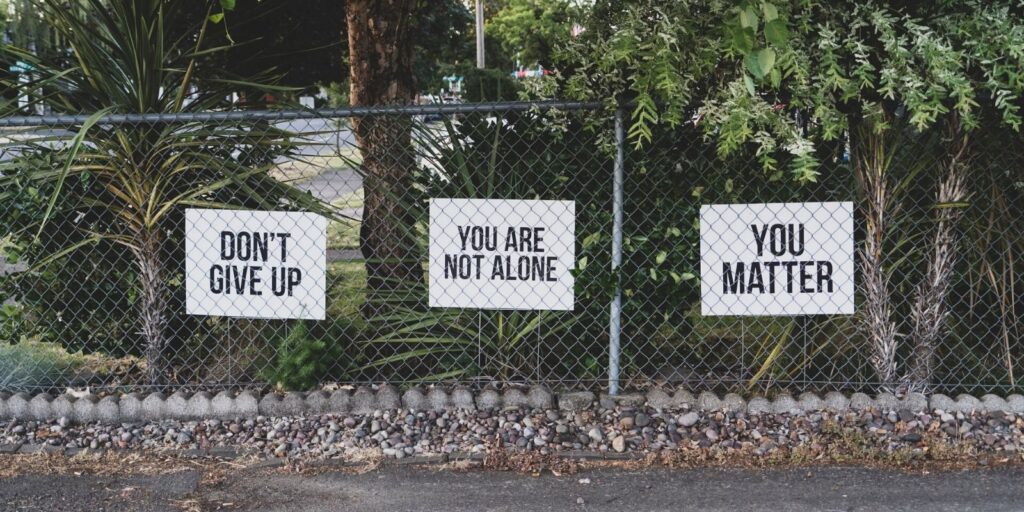
Despite the uncertain lives, we live these days, and there is always a sign of hope that gives us the motivation and contentment in life. At large, our society and countries were not designed to spend a life of fear, stress, and hide out in their homes. The loss that each person has experienced, from loss of a job, life, studies, learning, family stressors, and social connections, needs to be recognized—simple steps to prevent and overcome mental health problems.
- Call and have a video chat with your family, friends, and colleagues to let them know you care, bring joy and life to yourself and them.
- When you wake up instead of focusing on fears, be grateful for your life and having someone you love around.
- If you feel lonely, emotional, or depressed, talk to someone, trust, and consult a therapist through an online forum to get help.
- Eat healthily and take well-rested sleep.
- Stay connected through social media.
- Avoid listening to disturbing news on social media and news channels.
- Exercise in your home, you can run laps or climb up and down the stairs.
- Learn a new course or language
Also read: Healthy activities for children and adults in quarantine
Follow us on Facebook, Instagram, and Twitter to stay up to date.

